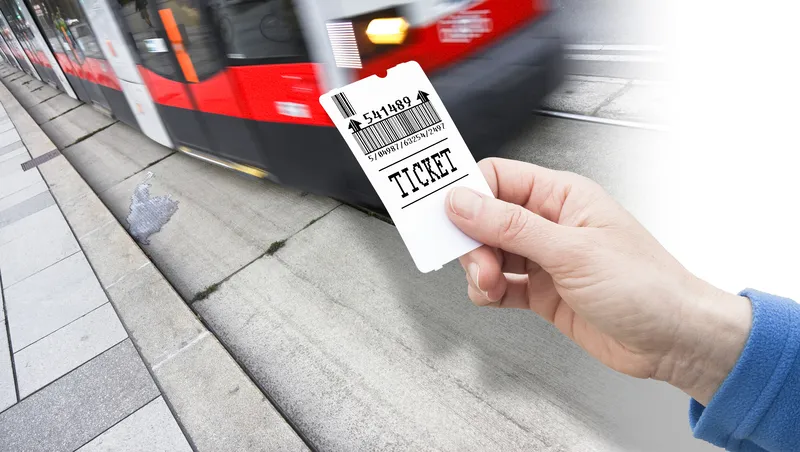Finland’s Technical Research Centre is coordinating a pan-European mobility as a service (MaaS) project aimed at creating the prerequisites for organising user-oriented and ecological mobility services. The goal is to provide consumers with flexible, efficient and user-friendly mobility services covering multiple modes of transport on a one-stop-shop principle.
The two-year MAASiFiE (Mobility as a Service for Linking Europe) project, in addition to mobility services, is investigating opportunities offere
October 27, 2015
Read time: 2 mins
Finland’s Technical Research Centre is coordinating a pan-European mobility as a service (MaaS) project aimed at creating the prerequisites for organising user-oriented and ecological mobility services. The goal is to provide consumers with flexible, efficient and user-friendly mobility services covering multiple modes of transport on a one-stop-shop principle.
The two-year MAASiFiE (Mobility as a Service for Linking Europe) project, in addition to mobility services, is investigating opportunities offered by combining passenger and freight transport operations, especially urban delivery and distribution in rural areas.
The project emphasises the roles of transport authorities, operating environments and service providers, as well as the impact of legislation on putting the MaaS services into practice. From the point of view of transport and ICT operators, the changes are mainly manifested in new collaboration practices and business models.
Suggestions for MaaS services include enabling users to purchase a single ticket for a combination of long-distance and commuter trips to better manage their overall travel needs, including rental and sharing services.
MaaS operators would handle the construction of travel chains and the monetary transactions between various services, supported by multimodal route planners.
The project is funded by the Conference of European Directors of Roads and the following CEDR member countries: Finland, Germany, Norway, the Netherlands, Sweden, the UK and Austria. The other consortium partners are Chalmers University of Technology, Sweden, and4793 AustriaTech, Austria. The steering committee consists of the Finnish Transport Agency and the 746 Swedish Transport Administration.
The two-year MAASiFiE (Mobility as a Service for Linking Europe) project, in addition to mobility services, is investigating opportunities offered by combining passenger and freight transport operations, especially urban delivery and distribution in rural areas.
The project emphasises the roles of transport authorities, operating environments and service providers, as well as the impact of legislation on putting the MaaS services into practice. From the point of view of transport and ICT operators, the changes are mainly manifested in new collaboration practices and business models.
Suggestions for MaaS services include enabling users to purchase a single ticket for a combination of long-distance and commuter trips to better manage their overall travel needs, including rental and sharing services.
MaaS operators would handle the construction of travel chains and the monetary transactions between various services, supported by multimodal route planners.
The project is funded by the Conference of European Directors of Roads and the following CEDR member countries: Finland, Germany, Norway, the Netherlands, Sweden, the UK and Austria. The other consortium partners are Chalmers University of Technology, Sweden, and










